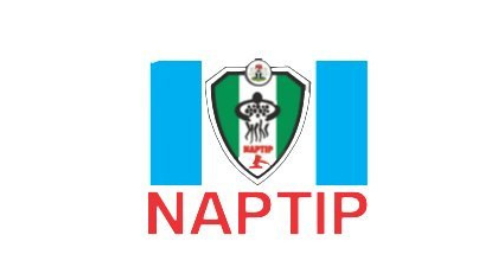Paragraph 1: Introduction
Human trafficking, a grave violation of human rights, remains a global challenge affecting millions of individuals across diverse sectors. The maritime industry, with its inherent complexities and transnational nature, presents a unique vulnerability to this illicit trade. Recognizing the urgent need for collaborative efforts to combat this menace, the National Agency for the Prohibition of Trafficking in Persons (NAPTIP) in Nigeria has forged a strategic partnership with the MMS Woman of Fortune Hall of Fame (WoFHoF) Initiative, a gender-centric non-governmental organization (NGO). This partnership, formalized through a Memorandum of Understanding (MoU), aims to leverage the combined strengths of both organizations to address human trafficking within the maritime sector and promote gender equality.
Paragraph 2: Focus of the Partnership
The core objective of the MoU is to curb human trafficking by sea and cross-border transportation, a pervasive form of exploitation within the maritime industry. Traffickers often exploit vulnerable individuals, including women and children, through deceptive recruitment practices, forced labor, and sexual exploitation. The MoU also addresses the critical issue of sex and gender-based violence (SGBV) within the maritime sector and logistics industry, recognizing the disproportionate impact of such violence on women. The MoU provides a framework for joint action, encompassing awareness campaigns, capacity building initiatives, and advocacy efforts.
Paragraph 3: NAPTIP’s Role and Confidence in the Partnership
NAPTIP, as the lead agency responsible for combating human trafficking in Nigeria, brings its expertise, resources, and legal framework to the partnership. The Director-General of NAPTIP, Binta Lami Adamu Bello, expressed confidence in the WoFHoF Initiative’s ability to deliver on the objectives outlined in the MoU. This confidence stems from the NGO’s track record of promoting gender equality and empowering women, coupled with its focus on addressing gender-based violence. The partnership reinforces NAPTIP’s commitment to tackling human trafficking through strategic collaborations with relevant stakeholders.
Paragraph 4: The MMS WoFHoF Initiative’s Contribution
The MMS WoFHoF Initiative, a prominent advocate for women’s rights and empowerment, brings a unique perspective to the partnership. With its gender-centric approach, the organization is poised to address the specific vulnerabilities faced by women within the maritime sector and logistics industry. Lami Tumaka, a board member of the Initiative, led the delegation to the MoU signing ceremony, underscoring the organization’s commitment to the partnership. Tumaka emphasized the importance of collaboration between the two entities and urged NAPTIP’s members to actively support the initiative’s implementation.
Paragraph 5: Leveraging Resources for Impact
Kingsley Anaroke, Chief Executive Officer of the MMS WoFHoF Initiative, highlighted the organization’s rich human resources, urging NAPTIP to leverage this asset to maximize the partnership’s impact. By combining the agency’s mandate with the NGO’s specialized expertise, the partnership aims to achieve greater societal impact and build a sustainable brand within its scope of operations. The MoU provides a platform for knowledge sharing, joint training programs, and coordinated efforts to combat human trafficking and address SGBV within the maritime sector.
Paragraph 6: Significance and Future Implications
The partnership between NAPTIP and the MMS WoFHoF Initiative represents a crucial step towards tackling the complex challenge of human trafficking within the maritime sector. By focusing on gender-specific vulnerabilities and promoting gender equality, the partnership aims to create a safer and more equitable environment for women within the industry. The MoU serves as a blueprint for future collaborations between government agencies and NGOs, demonstrating the power of collective action in addressing human rights violations. The partnership’s success will depend on the continued commitment and collaboration of both organizations, fueled by their shared vision of a maritime sector free from exploitation and violence.














